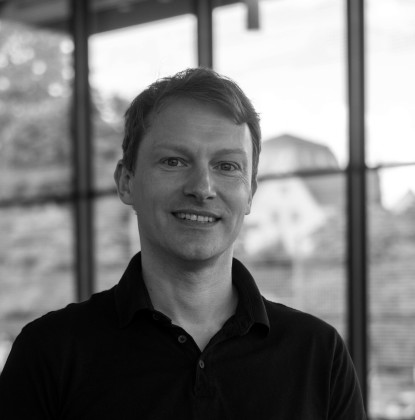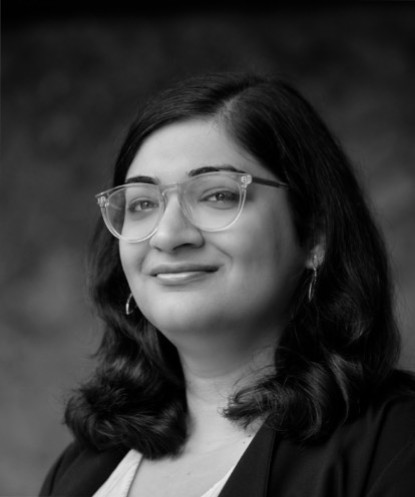International double degree
Mundus Urbano produces advanced graduates who can innovatively address the complexities of the phenomena facing the world's urban populations, mostly in developing countries and emerging economis. The consortium structure of the program allows students to pursue a double degree in International Cooperation and Urban Development with specialisations in Development Economics (Rome), Sustainable Emergency Architecture (Barcelona) or Urban Planning (Grenoble).
Structure of the Programme
TU Darmstadt hosts the first year of the programme.
The curriculum is distributed in four modules, each one composed of six courses and one workshop. Each year, five of the six courses and the workshop are taught in each module. This keeps a certain flexibility within the programme. Thus there is a variation from year to year of the lecturers and courses that are taught, a main characteristic of the Mundus Urbano programme.
All modules are defined by their contents, learning outcomes and number of credit points that can be earned in the course according to the European Credit Transfer System (ECTS). The total two years course requires 120 credit points (CPs), normally divided equally into 30 CPs per semester.
Weekly structure:
The training units are taught five days per week.
The modules are described as follows:
Module 1 – Urban Planning
Course titles include: Introducing the SMART City, On the Move (mobility), Urban Planning and Building, Urban Ecology, and Nature-Based Solutions for Urban Planning.
Module 2 – Urban Development
Course titles include: The Spatial Bias: Slums and the Recursive History of Integral Urban Interventions, Participatory Planning and Design, Housing 2.0 (continuation of the previously mentioned course), Urbanisation and Infrastructures, Disaster Risk Management, Re-Construction Project Management (continuation of the previously mentioned course).
Module 3 – Urban Management
Course titles include: Urban Economics, Project Management.
Module 4 – International Cooperation
Course titles include: Urban Heritage Preservation, Urban Land Management, Fundamentals in Socio-Cultural Theory, Globalisation and its Discontent (continuation of the previously mentioned course).
___________________________
* In addition to taking the above modules, students are also required to take two semester-long courses: The History of Urban Theory (Winter Semester) and Research Proposal Writing (Summer Semester).
** To fulfil their 60-credit course load for the first year, students also have the option to pursue elective courses such as language courses, excursions, design studios.
___________________________
Course duration
Four semesters. Beginning of course yearly in the first week of October.
Language
The Masters Programme is taught in English language
Degree
Master of Science in International Cooperation in Urban Development (M.Sc. Mundus Urbano)
Final deliverable
Masters Thesis in the form of written academic paper.
More information









